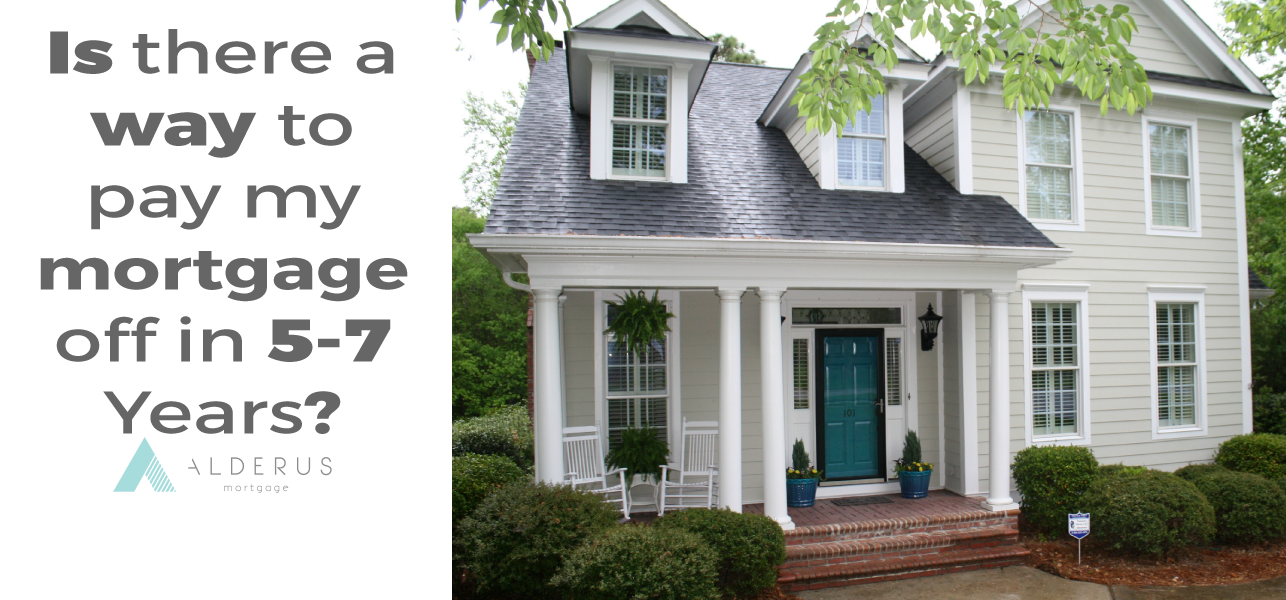The Holiday Spending Debacle: Why You Should Consider Consolidating Your Debt Before the Holidays
The Shockingly High Price of Christmas
The holiday season may be a time for celebration and joy, but it’s also a time when many of us get into a lot of debt.
According to an article from capitalcounselor.com, almost 22% of Americans go into debt because of Christmas. Last year, Americans planned to spend an average of $998 on Christmas gifts! But the actual cost of Christmas is often much higher than just the money spent on gifts. According to Experian’s Consumer Credit Review, Americans carry an average of almost $5300 in credit card debt, not to mention auto loans which average upwards of $19,000! Then, the holidays sneak up on all of us. And little Johnny needs a new electric scooter. We don’t want to deny our kids the magic of Christmas, so what’s a family to do? It’s crucial to get your debt in order before holiday shopping hits its peak.
The Best Way to Consolidate Debt
We know you’re decorating your home for Christmas and enjoying all the fun times that the holiday brings. But did you ever think about how your home could help you during the holiday season? Yep, your best option for consolidating and reducing debt (and stress) before the holiday season might be to refinance your home and take cash out.
Considering that many of us have record equity in our homes right now – which means we owe a lot less than they’re worth – it’s a good time to consider making that equity work for us. This usually comes in the form of a cash-out refinance. You take out a new, larger loan that’s worth more than your current mortgage balance. Then you get the extra cash back at closing… and use that cash to pay off your higher interest loans.
Considering that mortgage rates are still at record lows, this might be the perfect time to consider it. Think about it: if you’re paying annual percentage rates of 18 to 25% on your credit card debt, but you transition that to a mortgage loan that’s at about 4%, you’ll be paying a lot less monthly and over time.
The Benefits of a Cash-Out Refi Before the Holidays
Here are a few other reasons to consider a refinance before the holidays:
- You’ll likely skip a month or two of mortgage payments (yep, more $$ in your pocket for gifts or holiday travel).
- You’ll also get any escrow balance refunds from your current lender within about 30 days of closing.
- You’ll kickoff the new year with less debt and a solid financial future on the horizon!
Refinancing your mortgage can be a great way not only to consolidate and reduce any existing debts but also get a better interest rate and monthly payment if you qualify. And heck, if you don’t get a chance to do this before the holidays and end up racking up more credit card debt than you planned (with holiday spending), we can get you a fresh start in the new year!
Want to chat about it? One of our mortgage advisors is ready to help. Reach out today.




